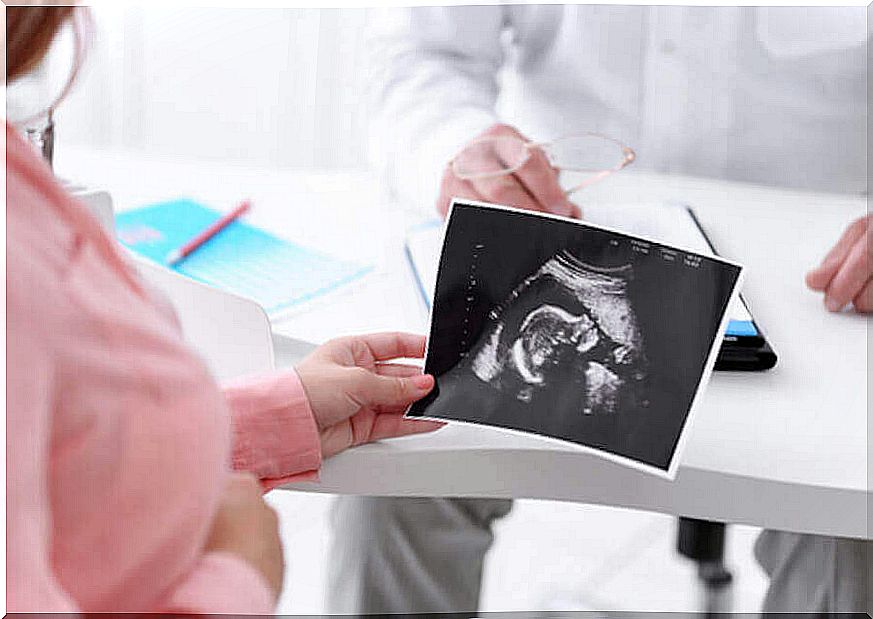Fetal Weight Assessment During Pregnancy

Assessing fetal weight during pregnancy is an important measure in planning an impending birth and ensuring the health of the developing child. Until the 16th week of pregnancy, the growth of the embryo and then the fetus is mainly a proliferation of cells, at which point the organs also specialize and the fetus begins to resemble a human. Thereafter, the growth changes mainly to an increase in weight and height. From the 32nd week of pregnancy, fetal weight gain is about 250 grams per week.
Evaluation of fetal weight during pregnancy
Fetal weight and size are determined by the dimensions of the fetal head, body circumference, and femur. Echo evaluation is often considered a more accurate and reliable method than clinical evaluation. However, experienced obstetricians are often able to estimate fetal weight very accurately even without echocardiography.

Dexeus technology
One of the ways doctors estimate the weight of a developing fetus is the so-called Dexeus technique, named after a Catalan gynecologist named Santiago Dexeus. According to this method, the fetal weight doubles every month between the third and sixth month of pregnancy. Over the past three months, the weight has increased by 700 grams per month.
This rule can be illustrated by the following table, which gives an example of a fetus weighing 125 grams:
- 3 months: 125 g
- 4 months: 125 gx 2 = 250 g
- 5 months: 250 gx 2 = 500 g
- 6 months: 500 gx 2 = 1,000 g
- 7 months: 1,000 g + 700 g = 1,700 g
- 8 months: 1,700 g + 700 g = 2,400 g
- 9 months: 2,400 g + 700 g = 3,100 g
The chart is a tool for monitoring fetal development for physicians and other experts. However, the final weight depends on several factors that affect fetal growth, such as heredity, diet, and the mother’s eating habits and lifestyle.
Every baby is different
Just as every child born develops individually, so does the fetus growing in the womb. Although fetal development can be compared to averages, there is always a margin of difference. Only a medical professional will be able to determine if a fetus is developing as it should. Today, fortunately, there are numerous different methods for monitoring the health of a mother and a developing baby.
The development of fetal weight is very important because it is related to the healthy development of the baby in general. In addition, optimal weight is an important factor in childbirth because the baby experiences a large change in temperature at birth. This change may have a lesser or greater effect on the child depending on the amount of fat in his or her body.
After birth, the baby switches from umbilical cord feeding to breastfeeding. For this to be successful, the child must have sufficient ability to suck, which in turn is related to body weight. Namely, a higher body mass promotes the ability to suck.

Good nutrition
Ideally, the expectant mother enjoys a varied and balanced diet that contains all the nutrients necessary for the healthy development of the fetus. In addition, it is important that the mother consumes the necessary supplements at each stage of pregnancy.
However, despite countless pieces of advice and tables on fetal development, the mother should remember that only a doctor can confidently assess whether a pregnancy is progressing as desired. So don’t worry, even if your baby’s weight is a little different from the average.









